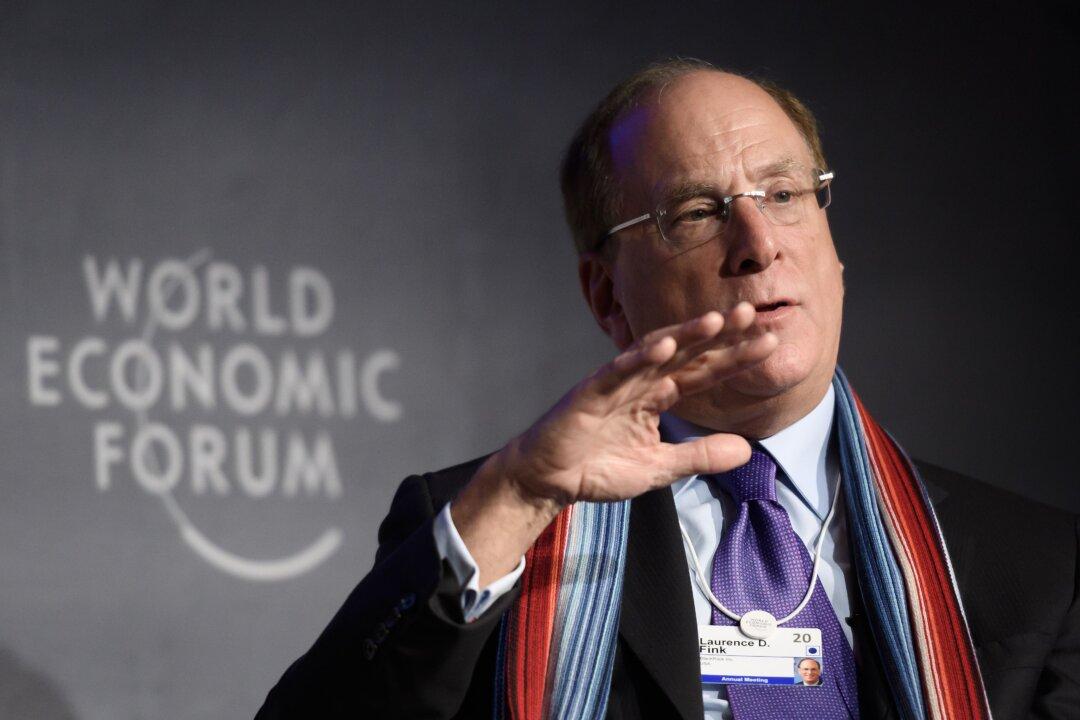BlackRock wants more diversity in company executive boards and is pushing portfolio companies to strive toward net-zero climate goals, even as the world’s largest asset manager remains firmly invested in fossil fuels, according to a 2022 policy update released on Dec. 14.
“We have engaged companies on board diversity for many years. That engagement informs our voting guidelines for 2022,“ the statement reads. ”For example, in the U.S., we believe boards should aspire to 30 percent diversity of membership and encourage companies to have at least two directors on their board who identify as female and at least one who identifies as a member of an underrepresented group.”





